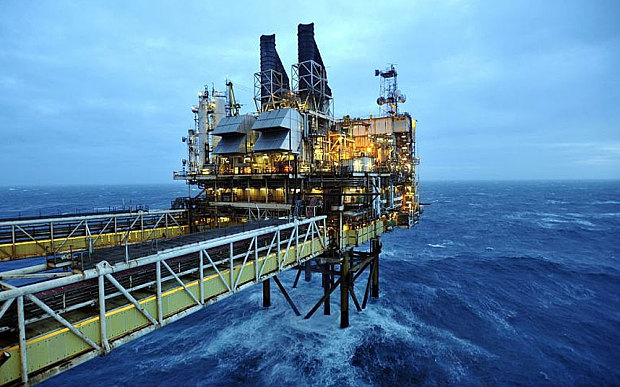Franchising, retail, business

21/01/2015
The price of Brent Crude oil - the main benchmark for purchases of oil worldwide - has fallen by more than 50% since June 2014 and is currently at $48.5/barrel - around the level of the lowest price reached in early 2009 following the financial crisis. Analysts have not ruled out the price falling as low as $35/barrel.
As Danny Alexander commented on Monday, “Falling oil prices are like a giant tax cut to the economy.” Oxford Economics has estimated that if oil falls to $40 per barrel in the near term, it could add 0.6% to the growth of the UK’s economy in 2015.”
“But,” the Chief Secretary to the Treasury added, “the positive effect will only be felt if the oil price falls are passed on.” The signs so far are that UK consumers could in fact be enjoying a genuine and unexpected windfall after several years of austerity.
Unleaded petrol prices hit a five-year low last week, falling to under 110p/litre and experts predict that prices at the pump will fall below 100p/litre in 2015. The price of diesel is also falling, though slightly more slowly, and is now under 120p/litre.
According to the RAC Foundation, the benefits for British motorists could also add up to billions of pounds worth of savings. Based on an average price of £1.17 per litre of petrol and diesel, drivers spent an estimated £2.57bn in December, which equates to a £330m total saving compared with July 2014, when a barrel of Brent Crude still cost more than $100.
In reaction to the widespread concern that the benefits of cheaper fuel costs will fail be passed on to consumers and businesses, the Treasury has now launched an investigation into whether energy companies are passing on the benefits of falling oil and gas prices. Cheaper energy bills will reduce overheads for all businesses and cheaper costs of transport will also help Britain’s struggling supermarkets and retailers more generally back into the black. It is hoped that the high street will too feel the benefit of consumers with more disposable income in their pockets.
The EY ITEM club predicts inflation will average 0% this year after falling to 0.5% in December, down from 1% in November. They too are forecasting wage growth of 3.5% in 2015 - amounting to a real wage increase of 3.7% this year - all of which should make consumers feel richer for the first time in a long time.
A falling inflation rate, exacerbated by cheap oil, well below the Bank of England’s 2% target will make it unlikely the BoE will choose to raise the base rate of interest from 0.5% this year, fearing the prospect of deflation. This will keep down both mortgage payments and the cost of credit, again helping consumers to feel a little richer and making retailers feel more secure in investing for the future.
This news will soothe the fears of the 25% of businesses that cite rising interest rates as the aspect of the UK economic environment that is of most concern them, according to research conducted by business insurance specialist QBE.
Still, changes in oil prices are very hard to predict which may mean businesses remain cautious about investing in the short term. Perhaps more importantly, a low oil price is often seen as an indicator of a global lack of demand. Though prospects for the UK’s economy look bright, continuing economic malaise in the Eurozone, the UK’s main trading partner, could spoil the party and the prospect of deflation, imported from the continent, will be a cause of anxiety. Deflation tends to make consumers reluctant to spend, both because the value of their debt increases in real terms and because consumers instinctively wait for prices to fall yet further as retailers hold sales and promotions to try and drum up business.
Fonte:http://www.retailgazette.co.uk/articles/44212-what-effects-are-falling-oil-prices-having-on-uk-retail?dm_i=26NX,34RHX,FXSGIV,B83T1,1